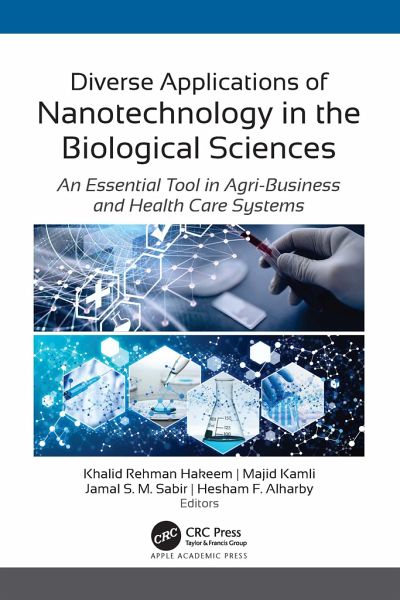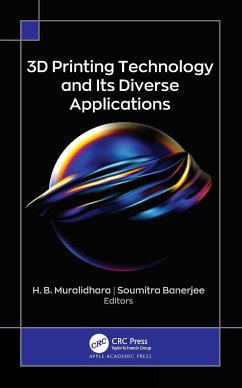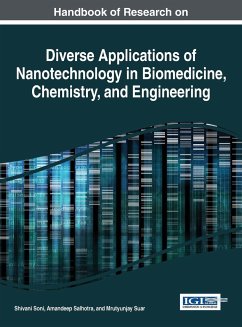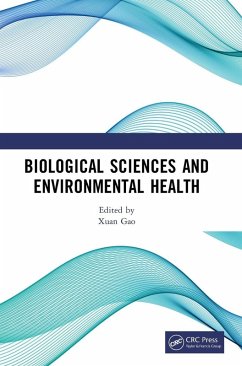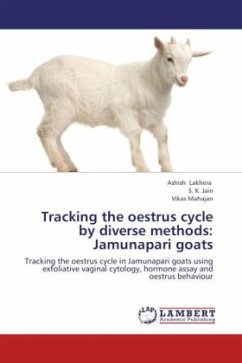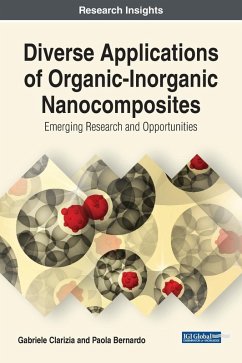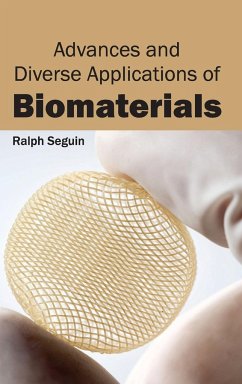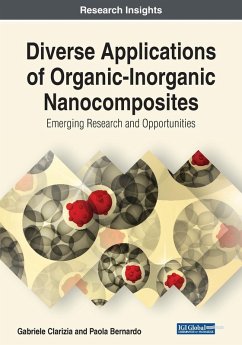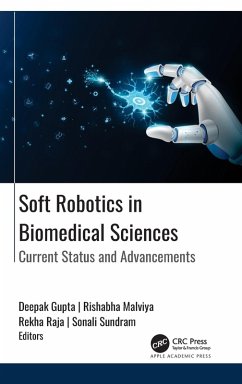Khalid Rehman Hakeem, PhD, is Professor at King Abdulaziz University, Jeddah, Saudi Arabia. After completing his doctorate (Botany; specialization in Plant Eco-physiology and Molecular Biology) from Jamia Hamdard, New Delhi, India, he worked as a lecturer at the University of Kashmir, Srinagar, India, for a short period. Later, he joined Universiti Putra Malaysia, Selangor, Malaysia, and worked there as a Postdoctorate Fellow and Fellow Researcher (Associate Professor) for several years. Dr. Hakeem has more than 10 years of teaching and research experience in plant eco-physiology, biotechnology and molecular biology, medicinal plant research, plant-microbe-soil interactions, as well as in environmental studies. He is the recipient of several fellowships at both national and international levels. He has served as a visiting scientist at Jinan University, Guangzhou, China. Currently, he is involved with a number of international research projects with different government organizations. To date, Dr. Hakeem has authored and edited more than 35 books with international publishers, including Springer Nature, Academic Press (Elsevier), and CRC Press. He also has to his credit more than 80 research publications in peer-reviewed international journals and 55 book chapters in edited volumes with international publishers. At present, Dr. Hakeem serves as an editorial board member and reviewer for several high-impact international scientific journals from Elsevier, Springer Nature, Taylor and Francis, Cambridge, and John Wiley Publishers. He is included in the advisory board of Cambridge Scholars Publishing, UK. He is also a fellow of Plantae group of the American Society of Plant Biologists, member of the World Academy of Sciences, member of the International Society for Development and Sustainability, Japan, and member of the Asian Federation of Biotechnology, Korea. Currently, Dr. Hakeem is engaged in studying the plant processes at eco-physiological as well as molecular levels. Majid Rasool Kamli, PhD, is an Associate Professor in the Department of Biological Sciences, Faculty of Science at King Abdulaziz University, Jeddah, Saudi Arabia. Dr. Kamli has considerable experience in teaching and research in molecular biology. He has published more than 20 research articles in well-reputed journals and participated in various scientific conferences and seminars. Dr. Kamli's current work focuses on the application of biogenic- metallic nanoparticles in multidrug-resistant in Candida species. His PhD (Biotechnology) was earned at Jamia Millia Islamia, New Delhi, India, where his research topic was "Molecular Characterization of Genetic Determinant arsB, an Arsenic Resistant Gene, of Arsenic Resistant Bacteria." He has previously held research associate positions at the Pohang University of Science and Technology (POSTECH) Republic of Korea; at Weill Cornell Medical College, Cornell University, Ithaca, New York; and a postdoctoral fellow position at the School of Biotechnology, Yeungnam University, Republic of Korea. His postdoctoral research was focused on the functional study of genes highly upregulated during myogenic satellite cell differentiation, TGF-â signaling in breast cancer, and study of human genetic variations in patients suffering from different neurodegenerative diseases, especially HSP (hereditary spastic paraplegia) and movement disorders. Before joining King Abdulaziz University, Dr. Kamli worked as Research Professor at the College of Medicine, Wonkwang University, Republic of Korea. Jamal S. M. Sabir, PhD, is currently a Professor in the Department of Biological Sciences and Director at the Centre of Excellence in Bionanoscience Research at Faculty of Science at King Abdulaziz University, Jeddah, Saudi Arabia. Dr. Sabir received his PhD (Genetics and Biotechnology) from Sussex University, UK. Dr. Sabir has extensive teaching and research experience. He is a member of several scientific societies and has held various prominent administrative positions. Dr. Sabir has worked on various projects, including international collaborative joint research projects, where he worked as a principal investigator. His work included research on genomics, bionanoscience, biomonitoring, nanotechnology, MERS coronavirus, and H5N8 virus. Dr. Sabir has extensively published research articles in high impact journals in his field, including Science, and has received several awards for his research publications from King Abdulaziz University. He has collaborated and contributed to more than 150 research articles and five books. He is part of groups that have ten patents and discoveries in biotechnology. Dr. Sabir is committed to his research in infectious diseases and genomics. Hesham F. Alharby, PhD, is Associate Professor in the Department of Biological Sciences at King Abdulaziz University (KAU), Jeddah, Saudi Arabia. He earned his PhD from the School of Biological Sciences at the University of Western Australia, Perth, Australia. Dr. Alharby's work focuses on plant biology, mainly in eco-physiology and molecular biology. He has published more than 40 papers in peer-reviewed international journals and has attended several international conferences. He was a head of laboratories at Teachers College, Jeddah, Saudi Arabia in 2005. He is a Head of the Plant Section in the Department of Biological Sciences at KAU. He is now also a Deputy of the Center of Excellence in Bionanoscience Research.
